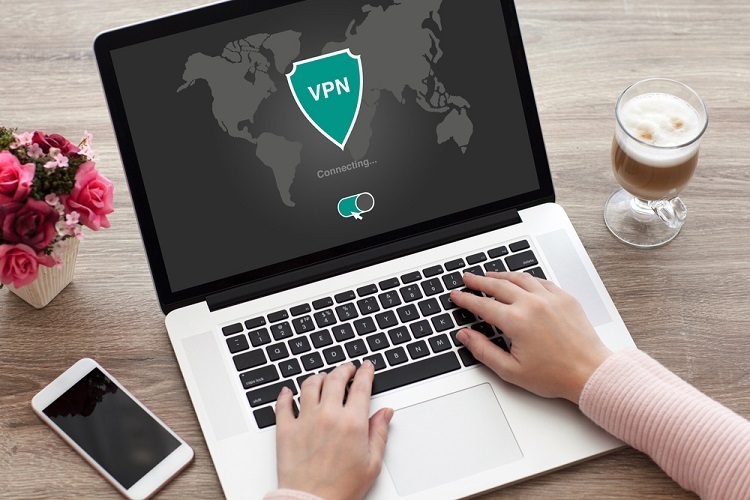Introduction
VPNs are private networks that use encryption to protect the data being transmitted. They are used to connect to a remote network through an encrypted tunnel.
The most common use case for VPNs is remote access. It is used by businesses and individuals alike to remotely access their work network from home or on the go. Remote access VPNs are also used by organizations and individuals that want to securely access their network when they are away from the office, but still want all of the benefits of a local connection.
The second most popular use case for VPNs is site-to-site remote connections, which allow organizations to securely connect multiple locations across the world without having any single point of failure.
Table of Contents
Virtual Private Network Types & Services
A virtual private network (VPN) is a technology that allows you to create a secure connection over the internet. It does this by encrypting all data between your device and the VPN server, so that only you and the VPN server can see what’s inside.
There are many different types of VPNs, but they generally fall into one of two categories: PPTP or IPsec. The first is easier to set up, but it has been shown to be less secure than IPsec. The latter is more difficult to set up, but it’s more secure.
L2TP is also an option for people who want a VPN connection on their devices, like phones or tablets.
The Best VPNs to Use in 2022 For Maximum Privacy & Security
The internet has become a dangerous place. Every day, there are new threats and risks that can affect your privacy and security. You need to protect yourself by using a VPN.
VPNs are virtual private networks that allow you to browse the internet anonymously. They encrypt all of your data, making it impossible for anyone to access it without the right credentials. VPNs also allow you to bypass geo-restrictions, so you can watch videos from anywhere in the world!
There are many VPNs on the market today, but which one is best? There are plenty of factors that go into picking the best VPN for your needs: price, speed, security features, customer service and more. We’ve done all of the research for you and narrowed down our list of top four VPNs.
You-proxy. PROS: 30-day money-back guarantee, works with Netflix, offers a lot of security features and settings, 24/7 customer service. CONS: Very pricey at $99 per year with no discounts available, customer support is only available via email. It is available at https://proxy-sale.com/en/.
VyprVPN. PROS: Cheapest on the list at $3.75 per month, is based in Switzerland which has strict data privacy laws, offers a lot of security features and settings and 24/7 customer service.CONS: No refunds available, not suitable for torrenting and other P2P networks due to its restricted server list.
TorGuard. PROS: Works well for torrenting, offers a lot of security features and settings, is based in the US which has strict data privacy laws and 24/7 customer service.CONS: No refunds available, limited server locations available.
PrivateVPN. PROS: Offers the best value on our list at $3.33 per month , is based in Sweden and works with Netflix, has a lot of security features and settings and 24/7 customer service.CONS: No refunds available, very limited server locations available.









